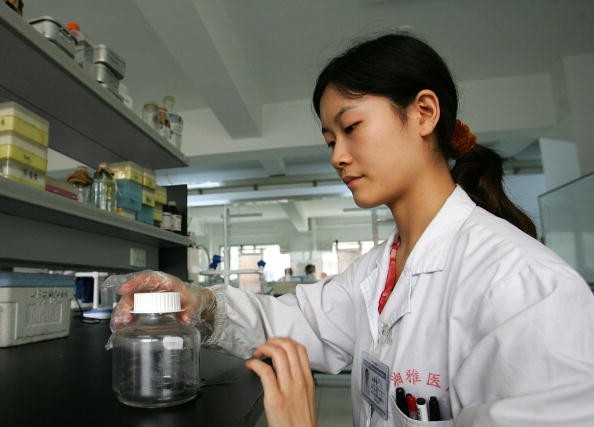Scientists from eastern China have successfully mapped the genome sequence of Brassica juncea, more commonly known as Chinese mustard, which is a common ingredient in Chinese cuisine.
The genome sequencing would enable scientists to better understand and improve such an agriculturally important vegetable, said Zhang Mingfang, a member of Zhejiang University's research program responsible for the study.
The research paper was published in the Nature Genetics journal.
Chinese mustard, which is native in China and mainly grows south of the Yangtze River, contains a diverse range of oilseed and vegetable important for nutrition, according to the state-owned Xinhua News Agency.
Zhang said that under the program, the research team has, for the first time, analyzed the cause of the mustard's genetic expressions.
Mustard used for pickling and oil can bring great economic and social benefits, he added.
China currently has 133,000 hectares of farmland that is dedicated to the cultivation of pickled mustard, which uses one of the variants of Brassica juncea known for retaining its crisp texture even after being processed.
Yang Jinghua, one of the authors of the paper, said scientists had previously published the genome maps of Chinese cabbage and kale.
In comparison, the genome of Chinese mustard contains more flexible phenotypes and a complex evolutionary process that makes it harder to decode, Yang told Xinhua, adding that the mustard features double genomes following its natural hybridization between Chinese cabbage and black mustard.
For future applications, Yang said the research team is planning on developing a hardier variant of the plant to result in even larger yields.
"Some of the Brassica juncea are better at resisting disease, but others are the complete opposite," Yang said.
"We can improve it through molecular breeding if we find the genes which determine the strength of disease resistance."



























